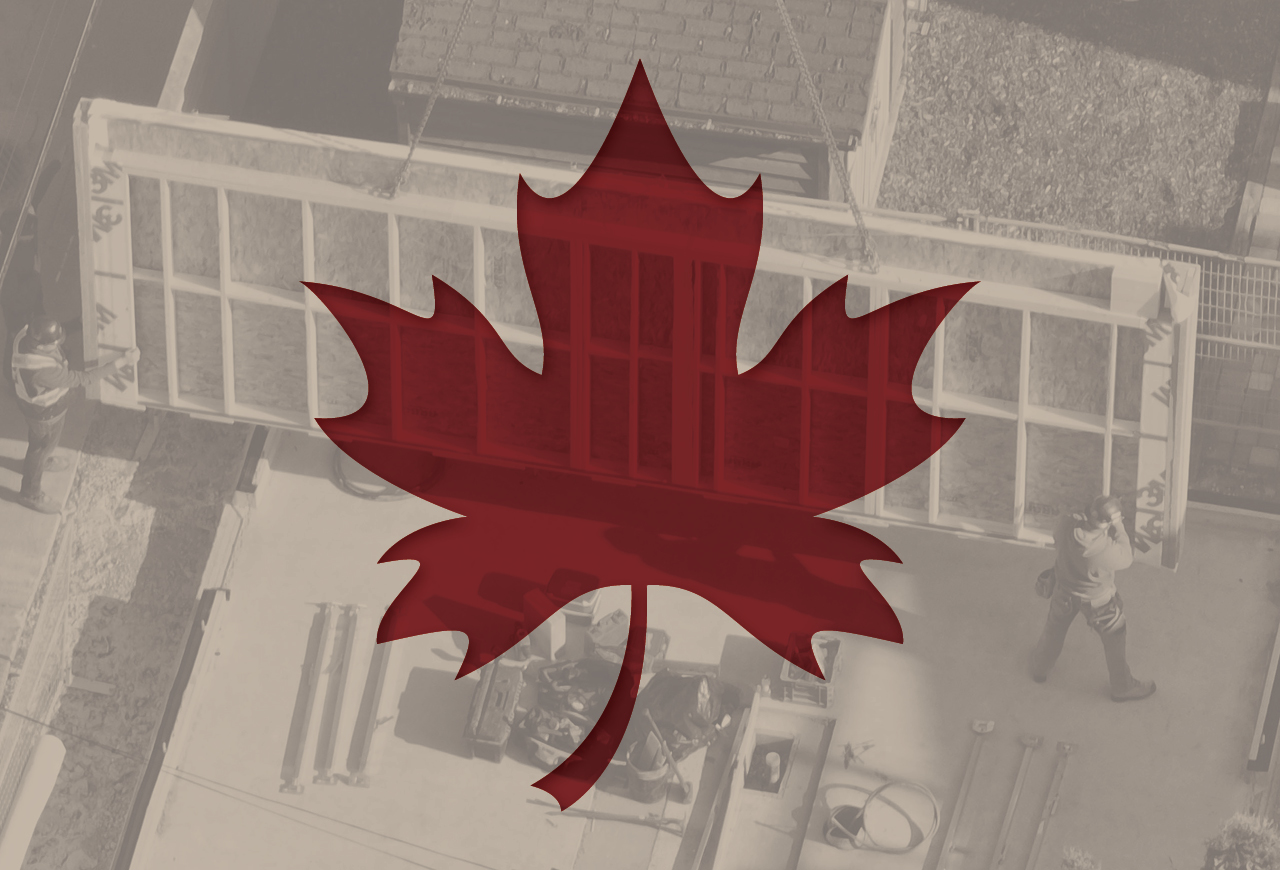From climate concerns to affordability and supply, industry leaders must shift away from conventional silos and commit to collaboration
Canada’s real estate and housing sector is in crisis.
An integral part of the Canadian economy, a well-functioning real estate sector is needed to ensure that companies have room to grow and expand, and families have access to attainable housing that meets their needs near employment opportunities.
Yet today we find ourselves in an environment where many complicated and interrelated problems exist – from affordability and supply to sustainability and climate resilience. And there is no one single stakeholder at the helm to lead to the change the industry needs to address these complex challenges.
At the launch of the Industry Innovation Agenda report in March 2024, R-LABS founder and CEO George Carras remarked that when it comes to real estate “we’re all in this together, but no one is in charge.”
Traditionally, the real estate and construction industries have functioned in silos. While this fragmented approach might have worked in a more stable environment, collaboration is the key to unlocking the innovation and transformation needed to address the complex challenges faced by the sector.
To enable the kind of small-scale experimentation needed to discover the big transformations necessary to meet the sector’s ambitious goals, Canadian organizations and individuals need to commit to creating a collaborative space for innovation and continuous learning throughout the sector.
Key advantages of collaboration include:
- Enhanced Problem-Solving: Diverse perspectives lead to more creative solutions.
- Technological Innovation: Collaboration between fast and nimble startups and established firms can accelerate the adoption of new technologies that streamline processes, improve transparency, and enhance customer experience.
- Risk Mitigation: By sharing market data and insights, industry players can collectively assess risk and develop cross-functional strategies to migrate them.
- Building a Sustainable Future: Reaching Canada’s carbon emission goals means players across the sector must collaborate to find new and innovative ways to build and retrofit buildings to ensure they are low-carbon and climate resilient.
Collaboration in Action: The Industry Innovation & Transformation Council
After a successful event at R-LABS in 2022 that explored the formation of a global cluster of innovation for the Canadian real estate industry, the I+T Council first convened in 2023. The I+T Council is a group of trusted industry leaders with deep and diverse expertise in real estate and housing industry challenges.
Supported by R-LABS, the work of the I+T Council ensures that industry innovation is catalyzed across the real estate and housing sub-sectors. This collaborative approach will enable the sharing of outcomes from innovative practices, ensuring that the real estate industry can withstand extreme weather events, meet the country’s housing construction goals, and improve affordability for all Canadians.
Collaboration in the real estate industry is essential to address the pressing challenges of housing supply, affordability, and sustainability in Canada. By fostering a culture of innovation and risk-taking, stakeholders from government, not-for-profits, and the private sector can work together to create a more resilient and adaptable real estate landscape.
Building a Collaborative Culture
The benefits of collaboration are clear, but fostering a collaborative culture across the real estate industry requires a conscious effort.
Public, private and non-profit organizations can start by making an Innovation Pledge to embrace collaboration and small-scale experimentation to drive change within the industry.
And whether you are an entrepreneur or an established industry player, we invite you to explore collaborating to build with us.





